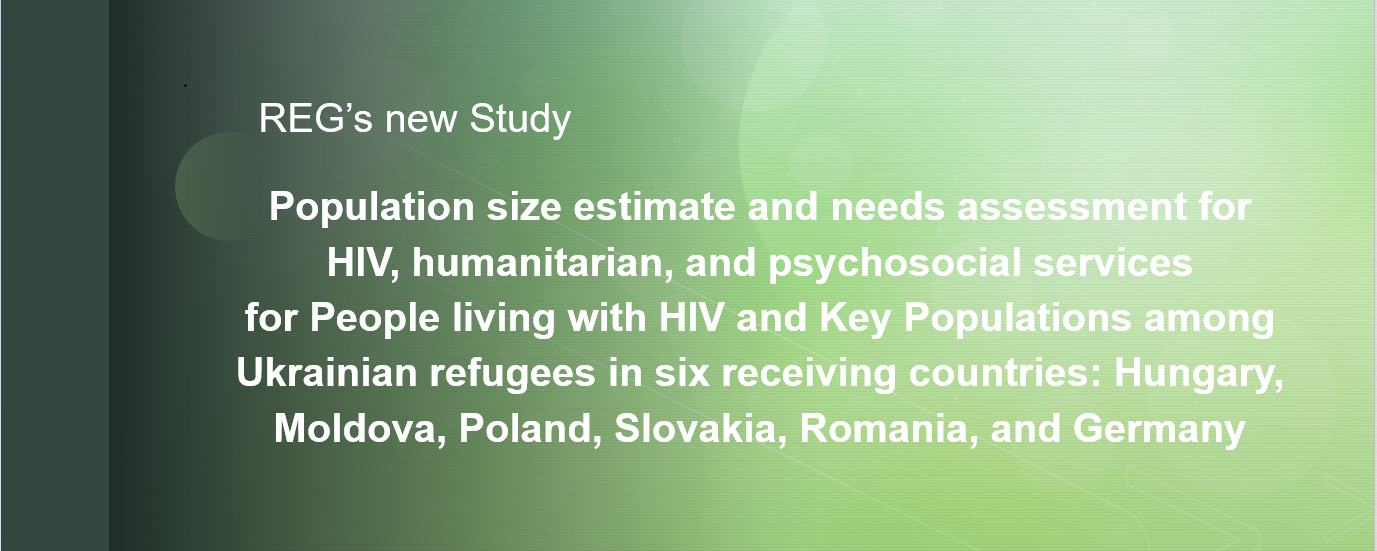The study aims to assess the number of people living with HIV and KP among refugees from Ukraine residing in six European countries (Germany, Hungary, Moldova, Poland, Slovakia and Romania) and to identify their needs and barriers in accessing HIV and related services. The study is intended to provide insights into challenges faced by refugees in accessing HIV services and to offer recommendations for improving their access to such services. Received data and estimations will form the basis for the development of assistance programs for refugees.
The study is based on a rapid assessment methodology and integrates desk research of available statistical and analytical documents with qualitative data based on a range of key informant interviews.
Overall study results highlight that while access to healthcare services, including ART, is generally available for refugees across countries of the study, there are regional variations and challenges. Outreach activities for increasing HIV testing among refugees are mostly unavailable in the countries of the interest (except for Moldova) which leads to reliance on the initiative of the refugees to look for HIV services. Language barriers persist across all countries except Moldova, hindering effective service provision, especially in services based on rapport-building and counseling. Self-stigma among refugee PLHIV often delays access to care, exacerbated by systemic issues like inadequate access to services such as OST, PrEP, and HIV testing which are present in several countries.
Additionally, there is a notable lack of systematic analytics on PLHIV and key population refugees which highlights the need for comprehensive assessment and creation of tailored services.
Please, see the Summary of the Study.
To recevieve the full version of the text, kindly contact us migration.health.eeca@gmail.com
